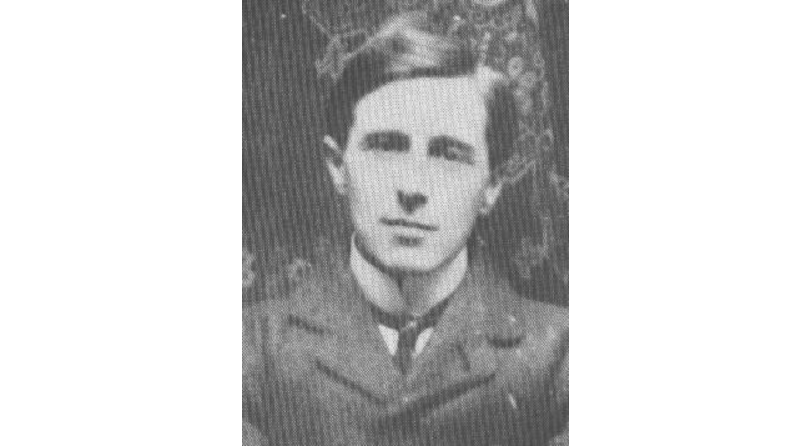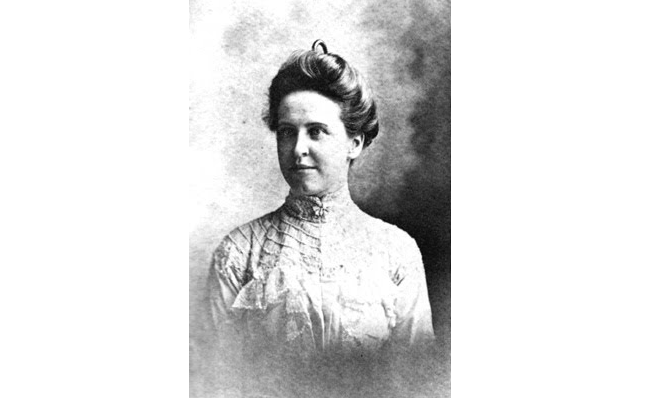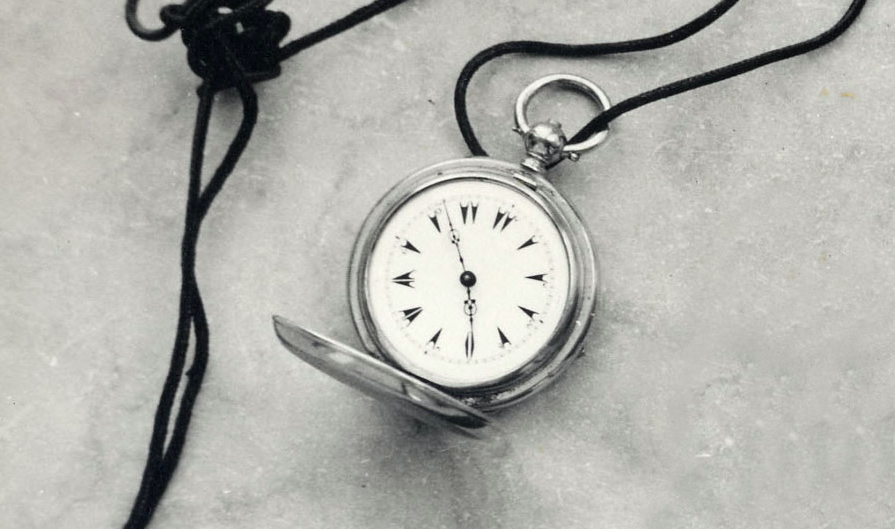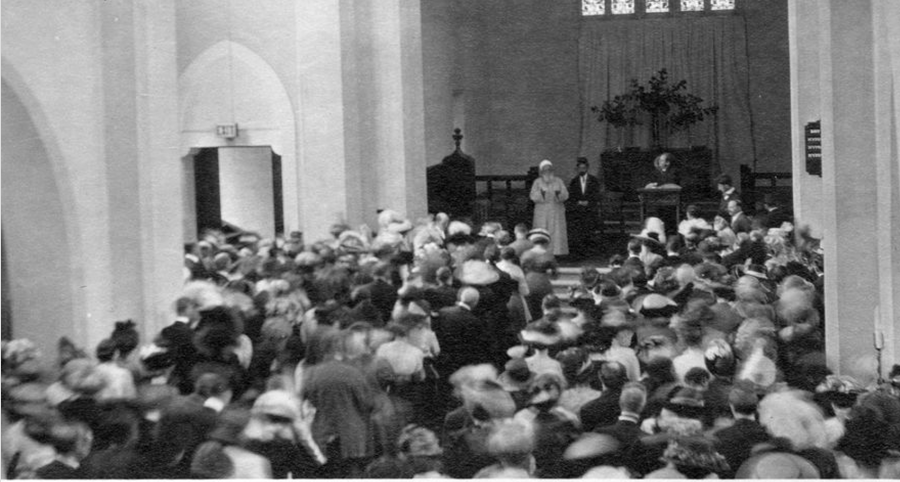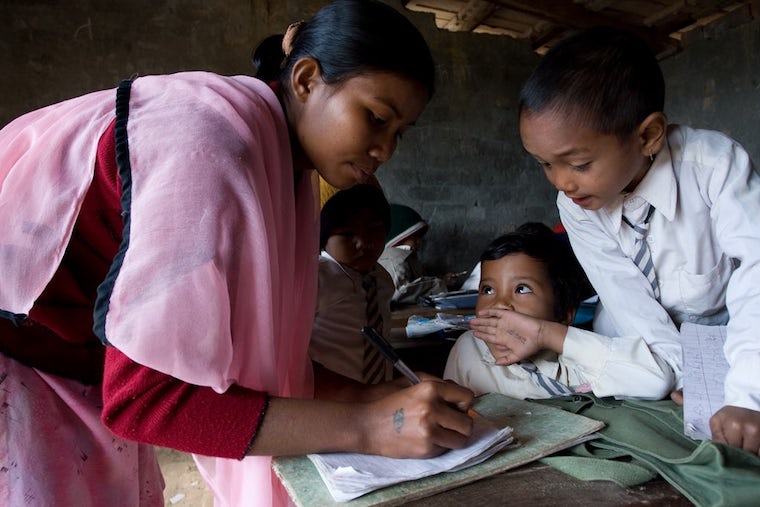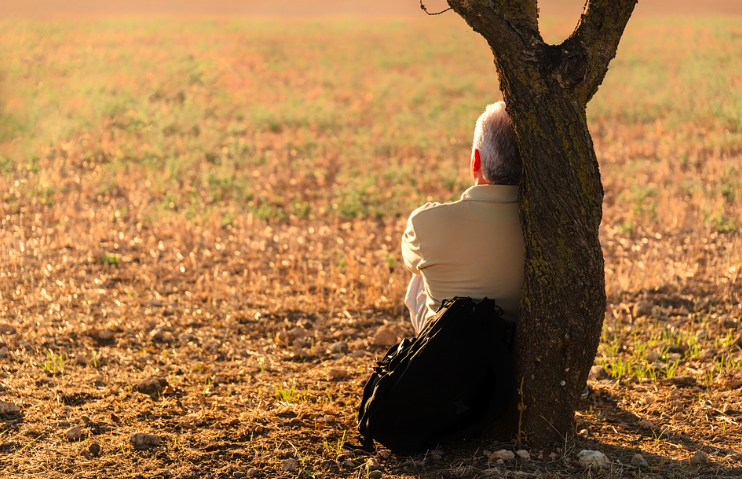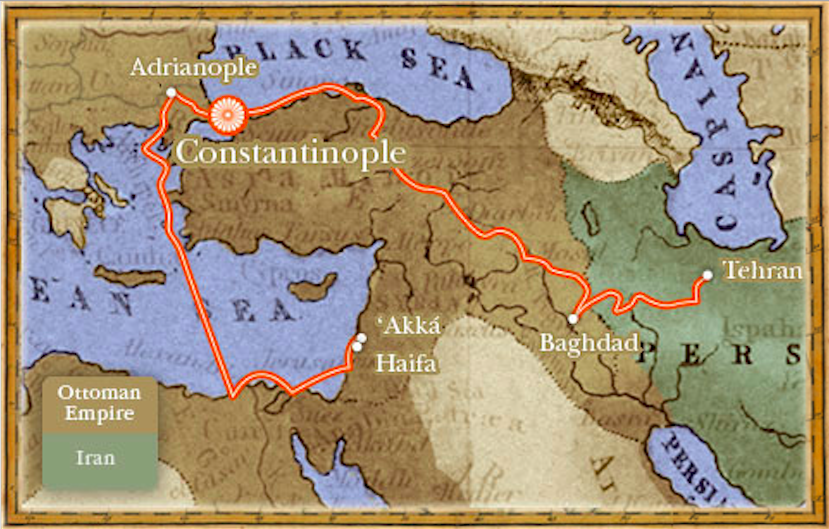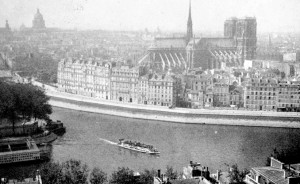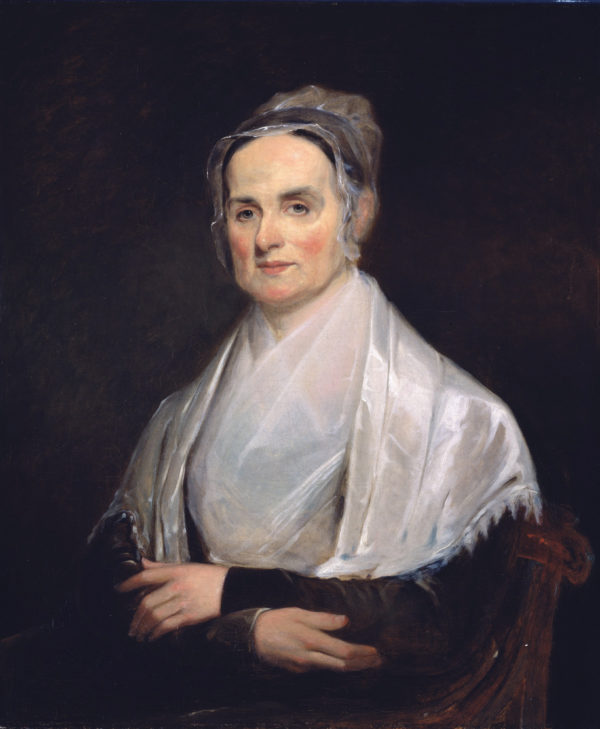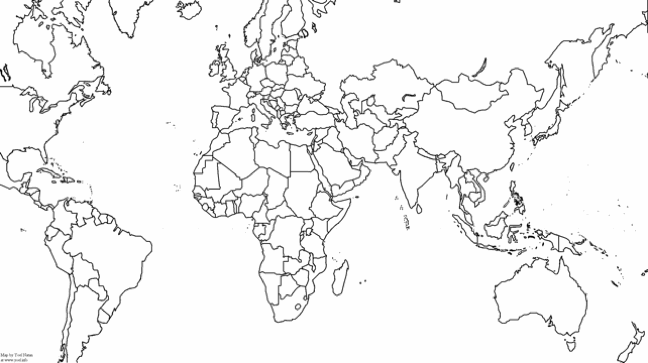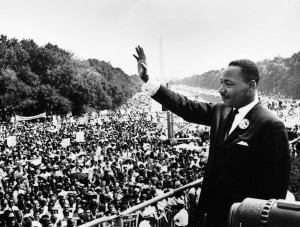-
Right Livelihood: The Case of Thomas Breakwell
Buddhism has a beautiful way of summarising “the good life”. It is symbolised by an eight-spoked wheel. Each spoke of the wheel represents a right way of being – qualities such as “right speech”, “right conduct” and “right mindfulness”. Among the spokes is “right livelihood” and this is where we pick up the story of Thomas Breakwell, for the principle concerns him. Thomas Breakwell became a Baha’i in 1901, one of the earliest westerners to enter the Baha’i Faith. He was a young man aged only 30. He was born in 1872, the son of an ironmonger. He was raised a Methodist and later his family had emigrated to the…
-
A Tribute to Bahá’u’lláh
This article tells the story of a moment in time. A small event, briefly told, yet one that still echoes through time and space. A few evenings ago the words from that event echoed in song in the Australasian Baha’i House of Worship in Sydney. Here is the story. ‘Abdu’l-Bahá was travelling to the West. In October 1911 he reflected on his arrival in Paris, one of the first Western cities he visited: I regret much that I have kept you waiting this morning, but I have so much to do in a short time for the Cause of the love of God. You will not mind having waited a little…
-
The Duty of Kindness and Sympathy Towards Strangers and Foreigners
It is hardest to write of those things about which we feel most deeply. Today I wish to write about someone whose words and life have profoundly influenced and inspired me. That person is Abdu’l Baha: the son of the founder of the Baha’i Faith and its leader from 1892 to 1921. I wish to address particularly what Abdu’l Baha had to say about the issue of ‘foreignness’. One hundred years ago, on 16 and 17 October 1911, he gave his first recorded talk to the people of Paris. The theme of his talk was “the duty of kindness and sympathy towards strangers and foreigners”. What did Abdu’l Baha see…
